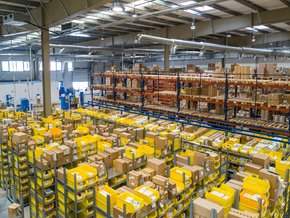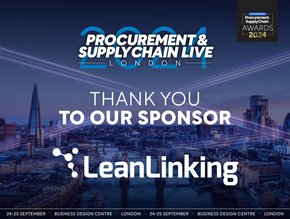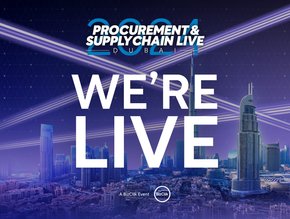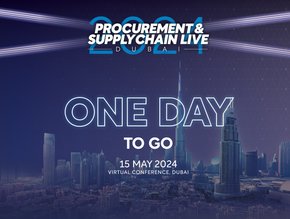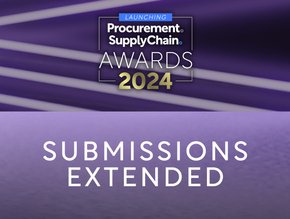How Henkel is Making Sustainable Procurement Visible

Henkel Adhesive Technologies, a global leader in adhesives, sealants, and functional coatings, is committed to driving sustainability through its Sustainability Ambition 2030.
The business unit aims to lead by example and innovate through technologies, providing full transparency on the sustainability impacts of individual products in the cradle-to-gate and use phases.
This end-to-end transparency, based on reliable data and a consistent measurement methodology according to leading international standards, is essential to improve Henkel's and its customers' carbon footprints.
It aims to provide support for its more than 100,000 customers in more than 800 industry segments with a comprehensive sustainability profile and performance of its products.
Henkel Adhesive Technologies has developed and implemented a digital solution in collaboration with Henkel's digital department and Capgemini.
The partnership has resulted in the development and implementation of a digital solution called the Henkel Environmental Assessment Reporting Tool (HEART).
What HEART will do
This tool automatically calculates the product carbon footprint (PCF) of about 58,000 products, mapping cradle-to-gate emissions including raw materials, production, packaging and logistics. The methodology has been verified and certified by TÜV Rheinland.
Ulla Hüppe, Vice President Sustainability at Henkel Adhesive Technologies, says: “Our certified calculation methodology combines high-quality data with a novel digital measurement platform and enables us to quickly provide comprehensive PCF reports across a significant and continuously increasing percentage of our products.
“Our customers now receive full transparency on the individual cradle-to-gate sustainability impact of the vast majority of our portfolio, which is essential for them to better understand the impact of their products and to further reduce their emissions.
“The novel HEART tool not only marks another important milestone towards our promise to deliver 100% end-to-end transparency on all our products by 2030.
“It also helps us to analyse and steer our portfolio based on data-driven results and to further expand our low-emission products portfolio in the future.”

How else is Henkel driving sustainability
Henkel has participated in various industrial sustainability initiatives to lead and collaborate in transparency for end-to-end product life cycle analysis and PCF reporting.
The organisation is part of ‘Together for Sustainability,’ an initiative that supports and coordinates the measurement of the sustainability performance of chemical companies and their suppliers.
Henkel also joined Catena-X, a pan-European network that aims to standardise the methodology for calculating footprints and the associated data exchange for all participants in the automotive value chain.
- Vitold Horodecki, Capgemini joins P&SC LIVE New YorkProcurement Strategy
- How Coupa's AI Will Help Supply Chains Overcome DisruptionsTechnology & AI
- How Walmart's Consolidation Centre Improves the Supply ChainLogistics & Distribution
- Circular Economy and the Benefits Beyond SustainabilitySustainability


